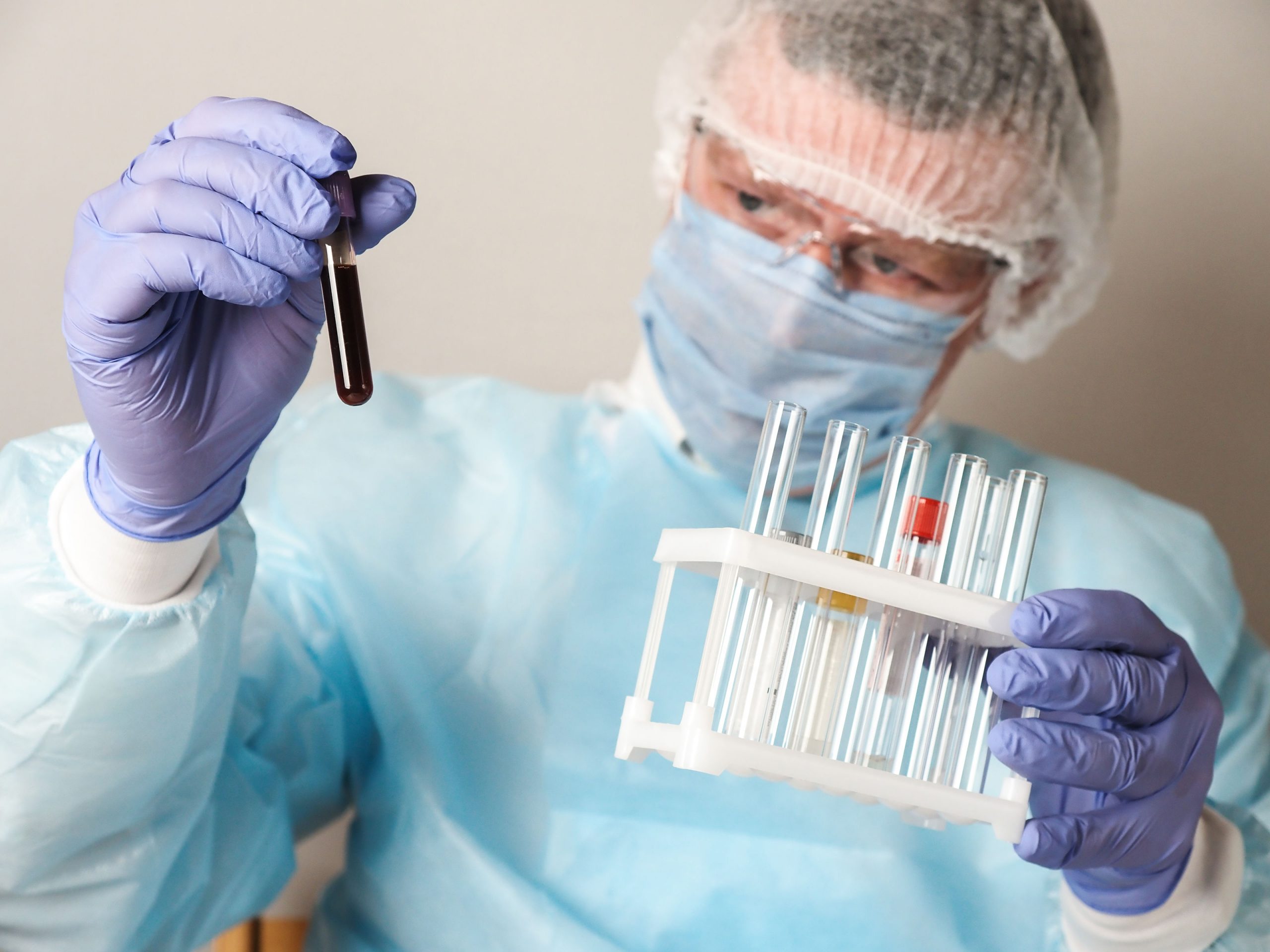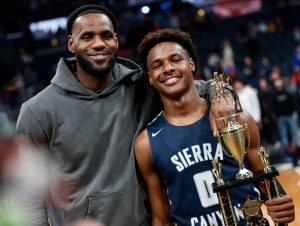While the world
celebrates the developments made by Pfizer, Moderna and other pharmaceutical companies, in developing COVID-19 vaccines, one key facet of the vaccine-making process involves intensive trials. Trails, in turn, demand recruitment of tens of
thousands of volunteers willing to participate in clinical trials.
One of AFP’s correspondents
in Miami, Leila Macor, also took part in such a trial organised by US biotech
firm Moderna, which claimed its vaccine was 95% effective.
Leila recollects
her experience, which began just weeks after her father died of COVID-19 in
Chile. The prime question being why did Macor, who suffers from asthma, decide
to be one of Moderna’s 30,000 test subjects?
Discussing her thought
process regarding the entire trial scenario, Leila said, “Three weeks before
Pfizer and Moderna launched their coronavirus vaccine clinical trials in late
July, my father passed away alone, as so many have in this crisis.”
“As our family lived
through the trauma, and said goodbye as best we could, I was confronting another
stark and dangerous reality that Miami was becoming a major US virus hotspot,
and my job was to cover the story,” she added.
She went on to say that
the idea of taking action to help bring this deadly medical emergency under control
offered her some inner peace amid the turbulence going around due to her father’s
death and getting exposed to the virus for reportage.
“I talked it over with
friends and family, who helped me decide that any possible side effects from
the trial would not be worse than getting COVID-19. So I took the plunge,” she told
AFP.
“Two days after writing a
story about the start of phase 3 trials in Florida, I once again knocked on the
door of a lab, this time as a potential subject,” she added.
She also informed that
the criteria for choosing volunteers for the trial was people involved in
high-risk jobs like doctors, taxi drivers, grocery store workers and media
reporters as they were exposed to the virus more than others.
While explaining the
process and formalities she had to undergo, Leila added, “I made an appointment
for a Tuesday in mid-August. That happened to be a Moderna day. Lab staff put a
name tag on me and brought me to an office, where they explained what would
happen.”
“They also gave me a
22-page document with all the details. The trial consists of two doses.
Volunteers are paid $2,400 over the course of the two-year study. They warned
of possible side effects from pain at the injection site to fever and chills,” she
told AFP.
The 30,000 subjects are
divided in two groups: those who get the vaccine and those who get a placebo.
“I asked about getting an
antibody test, but the nurse said the results were not foolproof. As she took
my blood pressure, the nurse looked up at me and said, in a quite serious tone Placebos
are as important as the vaccine,” Leila added.
Then two people came in
with the vaccine in a cooler. Or maybe it was the placebo. They laughed when I
asked to document the moment in a picture. For them, it was just another
Tuesday.
“The injection didn’t
hurt. They took me to a waiting room, where I stayed for half an hour of
observation as a precaution. Three or four other volunteers scrolled through
their phones as they waited.” she stated as per an AFP report.
She also informed that the lab had her download
an app to track temperature and any eventual symptoms.
“When I got home, my
arm was a bit sore. I wondered did I actually get the vaccine? Three days of
internet searches about “vaccine injection site,” “muscle
pain” and other terms got me nowhere.” she said.
The second dose came in
mid-September. It hurt a lot more, and for a while. A hard, red knot emerged at
the injection site.
“But I still have no idea
if it was the placebo or the vaccine. I have to wait for Moderna to tell me someday. I eventually realised
that taking part in the trial was a way to process my grief over losing my
father and seeing the world turned upside down,” she said.
“It was a small gesture,
but it was the only way I knew how to make myself believe we are fighting back,” said Leila.







